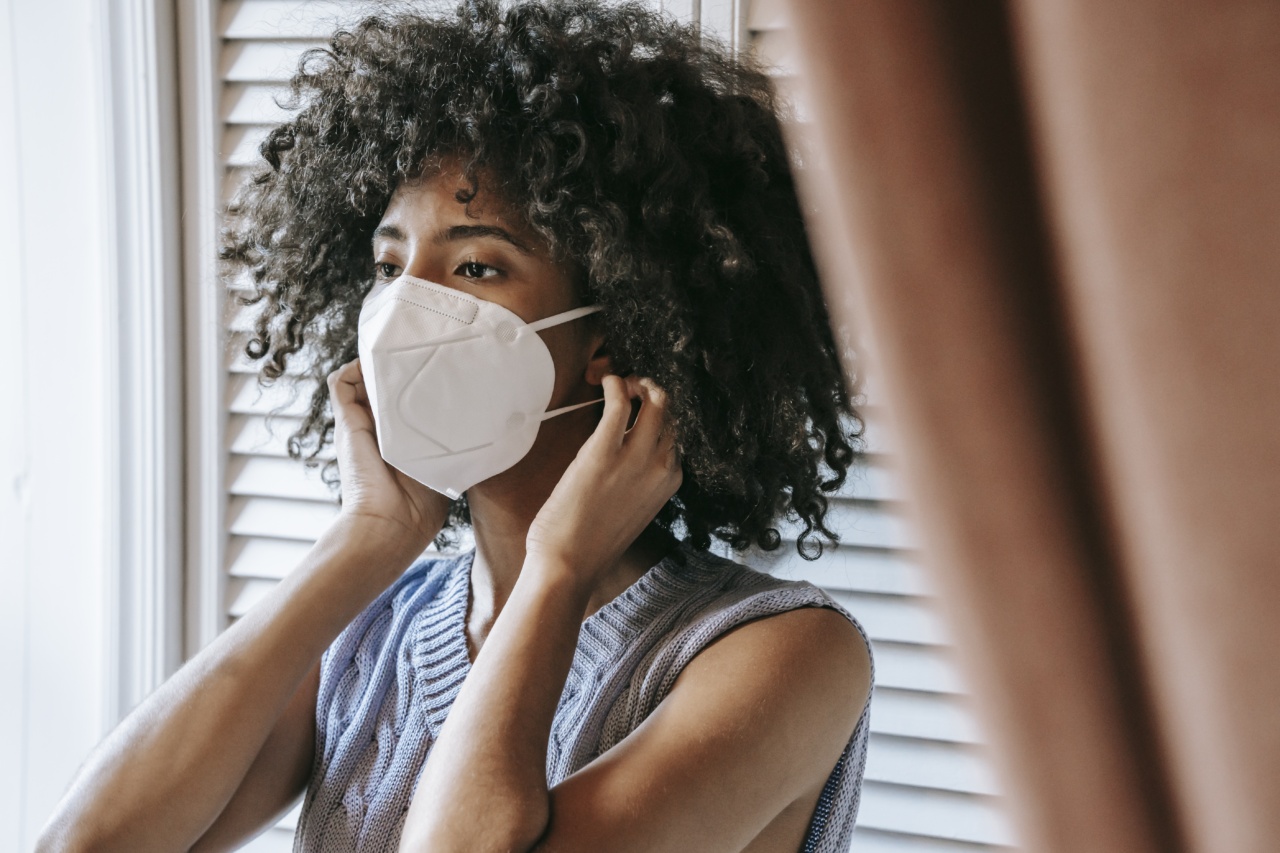Sleep is one of the most important aspects of our lives. It is an essential part of our daily routine that helps us to function properly. However, for many people, sleep can become a major problem.
Sleep problems, such as insomnia, sleep apnea, and restless leg syndrome, can put you at risk for serious health problems. In this article, we will explore some of the ways that sleep problems can impact your health and what you can do to improve your sleep.
Insomnia
Insomnia is a sleep disorder that makes it difficult to fall asleep or stay asleep. It can be caused by a variety of factors, including stress, anxiety, depression, and certain medications.
Insomnia affects millions of people around the world and can have serious health consequences.
Health risks associated with insomnia
Insomnia has been linked to several health problems, including:.
- Depression
- Anxiety
- High blood pressure
- Heart disease
- Obesity
- Diabetes
Insomnia can also lead to an increased risk of accidents, as sleep-deprived individuals are more likely to make mistakes and fall asleep while driving or operating heavy machinery.
Treating insomnia
If you suffer from insomnia, there are several things you can do to improve your sleep. First, try to establish a regular sleep schedule by going to bed and waking up at the same time every day.
Avoid caffeine, nicotine, and alcohol, especially in the evening. Try to create a relaxing bedtime routine, such as taking a warm bath or reading a book.
You may also want to consider cognitive-behavioral therapy (CBT), which is a type of talk therapy that can help you identify and change negative thoughts and behaviors that are preventing you from sleeping.
Sleep apnea
Sleep apnea is a sleep disorder that causes breathing to stop and start during sleep. It is often caused by a blockage in the airway or by the brain not sending the correct signals to the muscles that control breathing.
Sleep apnea affects millions of people and can have serious health consequences if left untreated.
Health risks associated with sleep apnea
Sleep apnea has been linked to several health problems, including:.
- High blood pressure
- Heart disease
- Stroke
- Diabetes
- Depression
Untreated sleep apnea can also lead to an increased risk of accidents, as sleep-deprived individuals are more likely to make mistakes and fall asleep while driving or operating heavy machinery.
Treating sleep apnea
If you think you may have sleep apnea, it is important to see a doctor for diagnosis and treatment. Treatment options may include lifestyle changes, such as losing weight, quitting smoking, and avoiding alcohol and sleeping pills.
Continuous positive airway pressure (CPAP) therapy, which involves wearing a mask over your nose and mouth while you sleep, may also be recommended to keep your airway open. In some cases, surgery may be necessary to remove blockages in the airway.
Restless leg syndrome
Restless leg syndrome (RLS) is a sleep disorder that causes uncomfortable sensations in the legs, which can lead to an uncontrollable urge to move them. RLS can make it difficult to fall asleep and stay asleep, and can affect the quality of your sleep.
The exact cause of RLS is not known, but it is believed to be related to problems with the nervous system.
Health risks associated with restless leg syndrome
Restless leg syndrome has been linked to several health problems, including:.
- Insomnia
- Depression
- Anxiety
- High blood pressure
- Heart disease
Treating restless leg syndrome
If you think you may have restless leg syndrome, it is important to see a doctor for diagnosis and treatment. There are several medications that can help to relieve the symptoms of RLS.
Lifestyle changes, such as regular exercise and avoiding caffeine and alcohol, may also help to improve your sleep.
Conclusion
Sleep problems can have serious health consequences, but there are things you can do to improve your sleep and reduce your risk of developing serious health problems.
If you are experiencing sleep problems, it is important to see a doctor for diagnosis and treatment. By taking steps to improve your sleep, you can improve your overall health and quality of life.





























